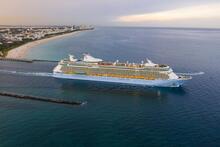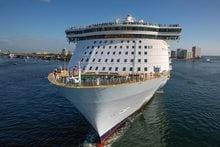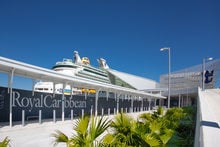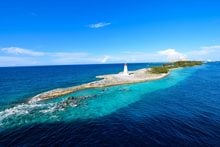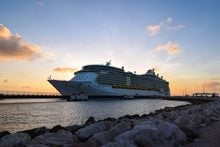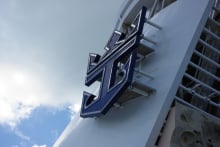Due to the nature of how COVID-19 is spread, many cruisers want to know what Royal Caribbean will do to protect passengers from the airborne spread of the virus.
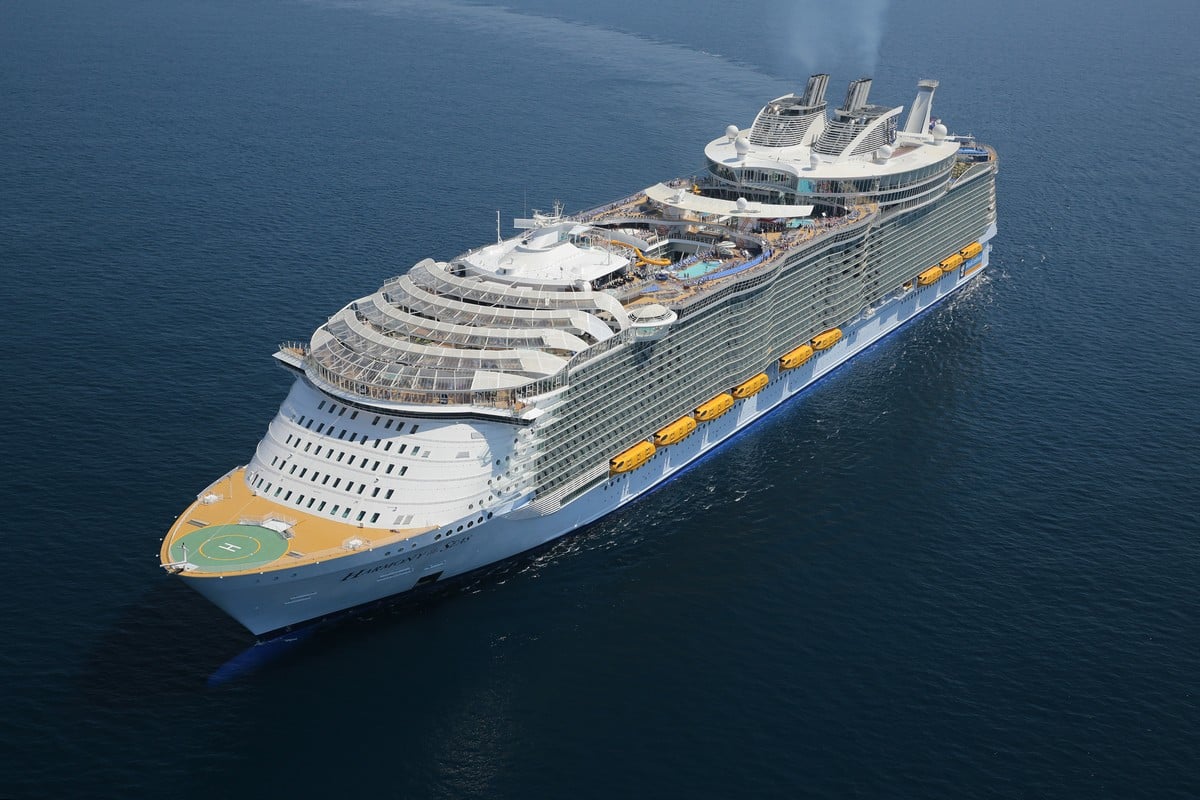
Specifically, they want to know how the air will be circulated and filtered onboard so that it is safe on their cruise ship.
Fresh ocean air
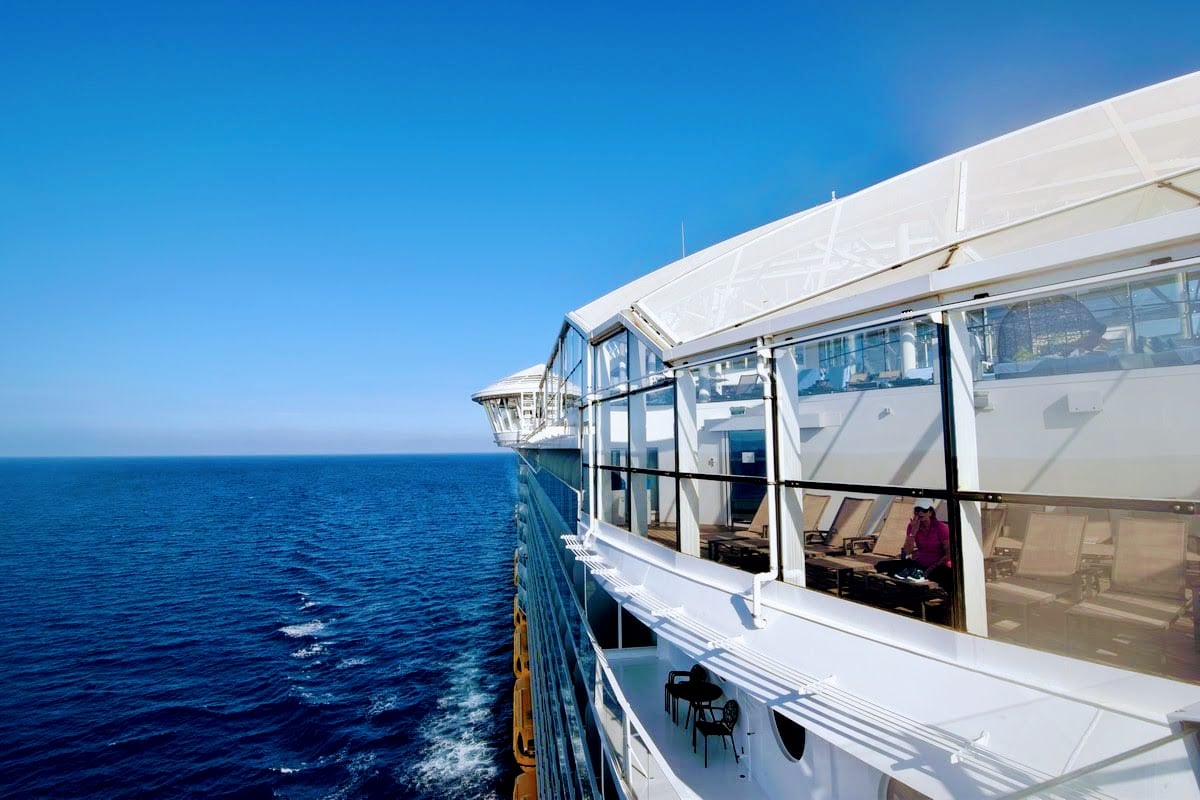
Royal Caribbean says its HVAC system continuously supplies 100% fresh, filtered air from outdoors to all indoor spaces.
The air is drawn from one side of the ship for cooling and ventilation, then removed via exhaust on the opposite side of the ship.
This continual intake of fresh air replaces the air in any space, with a total air change up to 12 times an hour in staterooms, and about 15 changes an hour in large public spaces.
In local spaces, like public venues and your stateroom, fan coil units provide an extra layer of protection, continuously scrubbing the air of pathogens, using a high-grade MERV 13 filter that captures aerosols 1.0 – 3.0 microns in size with 90% efficacy— fine enough to filter colds, flu germs, and coronavirus.
How they tested this approach
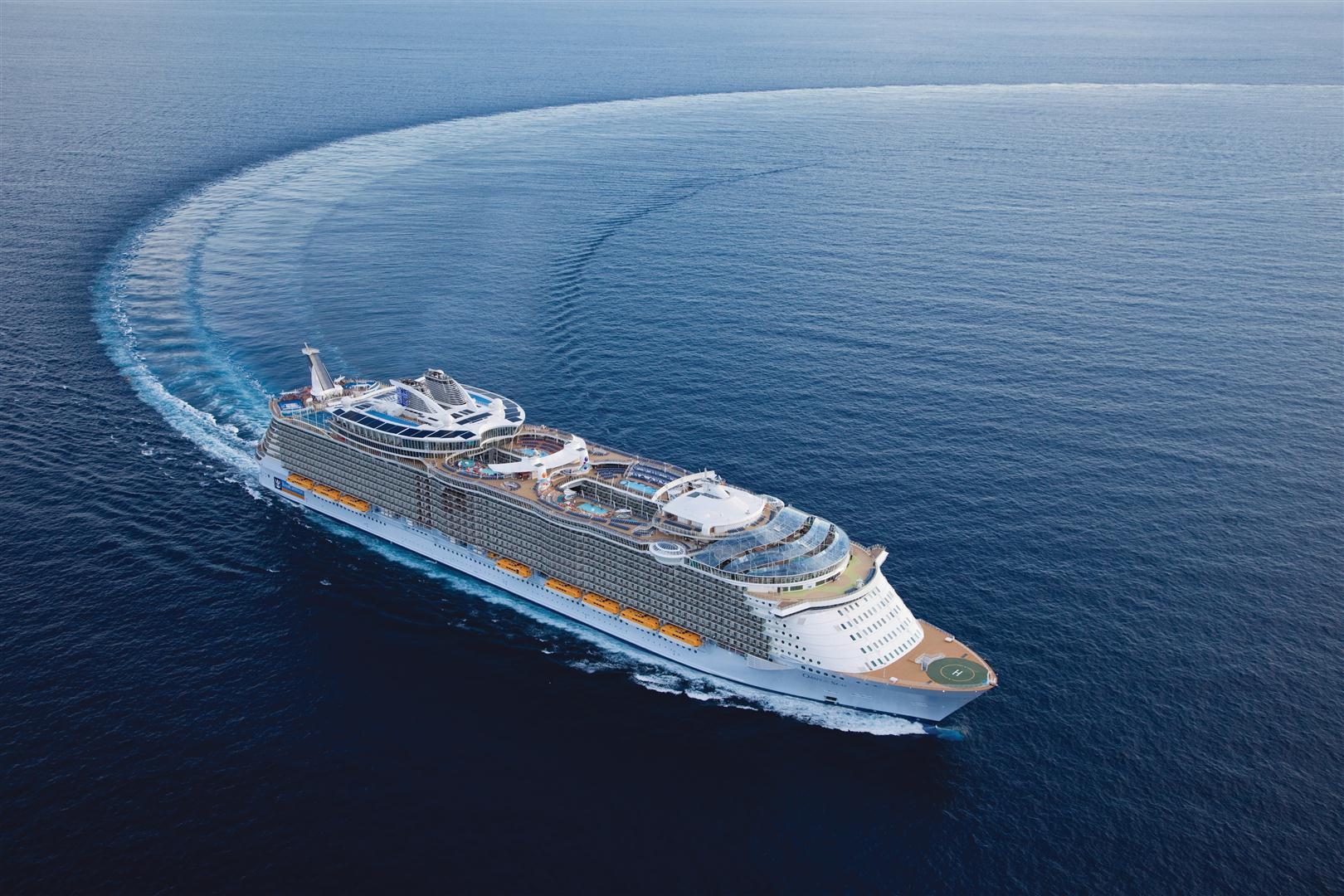
If you are wondering how Royal Caribbean could know this solution would keep guests safe, they had an independent assessment conducted by the University of Nebraska Medical Center.
A bioaerosol assessment was done on Royal Caribbean's Oasis of the Seas.
This study involved releasing billions of 1µ aerosol-sized microspheres, each containing uniquely DNA barcoded inert virus surrogate, throughout the ship at certain pre-selected spaces (i.e., crew cabins, guest staterooms, and adjacent public spaces including the casino, Studio-B & Disco/Lounge) to determine the efficiency and effectiveness of the vessel’s indoor air management strategies, as well as to understand the spread of the aerosols through the HVAC system and in between the adjacent private and public spaces.
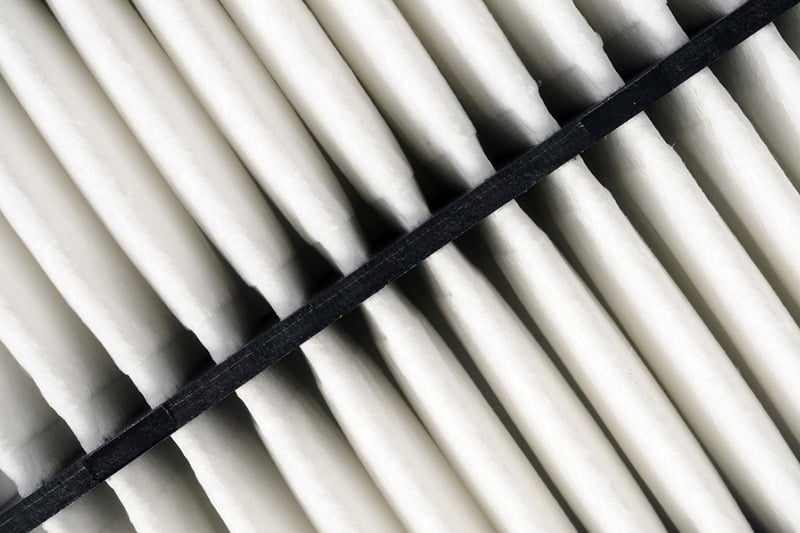
The University of Nebraska Medical Center study found that to clear the virus droplets from the air in about an hour, they needed to use an HVAC system that changed the air in the room at least 6 times or more and used a filter with a MERV rating of 13.
The MERV rating of a filter refers to how much it can filter particles in the air, with a higher number meaning a higher level of filtration. The MERV ratings range between 1 and 20. A MERV rating of 13-16 is considered hospital level air quality.
This study confirmed that cross-contamination of air between adjacent public spaces is extremely low, and undetectable in most test cases, thanks to this powerful system.
Keeping air inside the ship safe
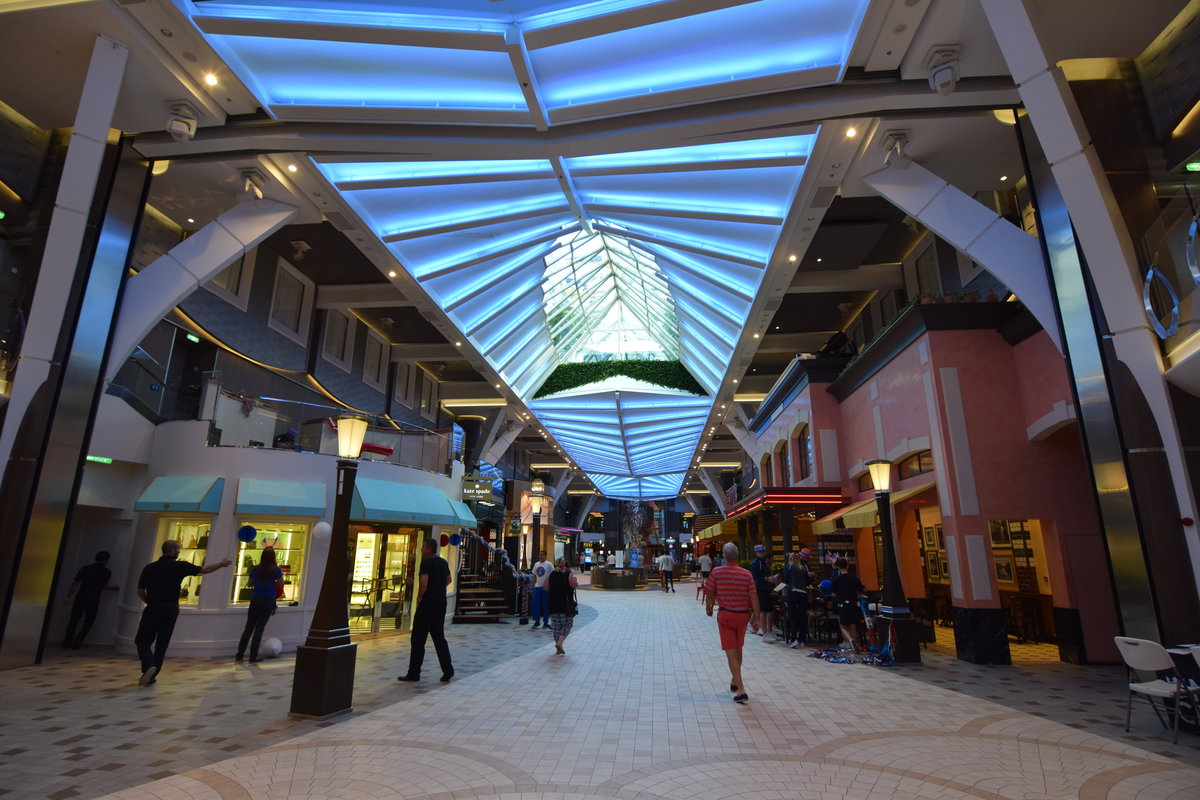
In addition to the study conducted, as well as the new policies announced by the cruise line, the Healthy Sail Panel came up with 7 important things Royal Caribbean can do to manage indoor air and keep it clean.
- Enhance filtration – The Panel recommends that HVAC filters be upgraded to the highest level possible for each ship given the constraints of ship age and ventilation type (e.g., MERV 8 to MERV 13)
- Optimize airflow patterns – For example, the Panel recommends that cruise operators optimize airflow so that air is not recirculated; should air recirculation exist, given the HVAC system design, then the recirculated air must be filtered through a high-grade filter (i.e., MERV 13 or higher).
- Use negative pressurization – The Panel recommends that cruise operators ensure that SARSCoV-2 isolation rooms are consistently at negative pressure. This means that cruise operators should ensure that there is sufficient negative pressure that will not be affected by doors opening and closing or people walking by. This should be optimized given the constraints of ship age and ventilation type.
- Minimize unfiltered, recirculated air – Cruise operators should provide air exhausted to the outside and maximize air changes per hour and filtration of air in staterooms, crew rooms, and public areas.
- Increase number of air changes per hour in certain areas – The Panel recommends that cruise operators pay special attention to areas where individuals would be most vulnerable to airborne transmission, and that they should prioritize increasing the number of air changes per hour in those areas. More specifically, isolation rooms in medical facilities on board should have 6-12 air changes per hour, be at a negative pressure to the adjacent area, and have 100% air exhausted to the outside.
- Use portable HEPA filters (or other proven air cleaning systems) in congregate areas, as needed – Portable HEPA units have been shown to help reduce the level of airborne particles. This technology or other technologies that reduce the risk of airborne infection transmission may be used to augment other air management strategies.
- Maximize outdoor functions and physical distancing – The Panel recommends an overall emphasis on reducing indoor functions whenever possible, given that dilution is most achievable in outdoor settings. Further, cruise operators should ensure that guests understand that air management strategies do not negate the importance of following physical distancing protocols.

As you can see from these recommendations, many of the recommendations are incorporated in Royal Caribbean's robust system.
The cruise line believes its air circulation plan makes the transmission of aerosol particles between spaces (like those from a cough) "extremely low to virtually impossible".


